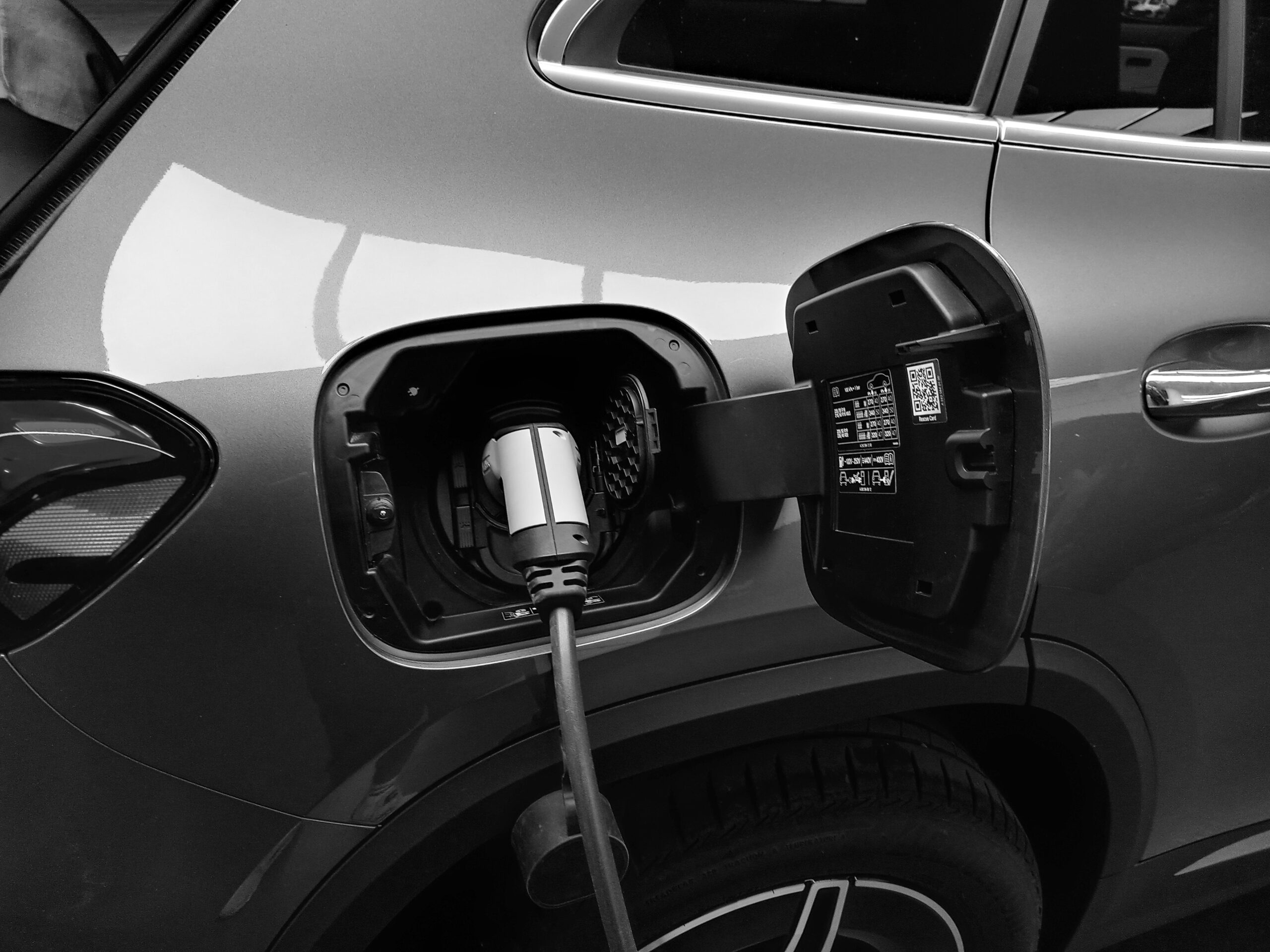With environmental concerns and increased demand for renewable energy sources, electric vehicles (EVs) are becoming increasingly popular. By 2025 most plugin vehicles are projected to make up around 23% of passenger vehicle sales globally. From luxury models to budget vehicles, EV availability is growing rapidly and is set to revolutionize the automotive industry. Therefore, electric vehicles are your answer if you are looking for an enjoyable and stress-free trip. Below are various technology trends that will define the future of EVs.
New Battery Technology
The future of electric vehicles is strongly linked to the development and advancements in battery technology. Currently, most EV batteries are powered by lithium-ion, but new technologies such as solid-state and metal-air could make them more efficient, lighter, and safer. These technologies are also expected to reduce production prices significantly, making EVs more accessible.
Charging Options and More EV Options
The range and charging options of electric vehicles are set to improve significantly. With the increasing number of EVs on the roads, the need for more charging stations is growing. More charging infrastructures are expected to be built in the coming months, but until then, EV owners must find ways to optimize charging time and increase efficiency We can also expect different charging options for hybrid electric vehicles, plug-in hybrid electric vehicles, mild hybrid electric vehicles, and many more.
Autonomous Driving and Connectivity
In the next decade, autonomous driving will become a key technology in the EV industry. Autonomous driving capabilities will allow EVs to operate safely on roads with minimum human intervention. Most EVs are connected via Wi-Fi or 4G/5G networks, providing drivers with additional features such as remote diagnostics, predictive maintenance, and performance optimization. McKinsey’s 2020 consumer survey shows that over 37% of users are ready to switch their cars to connected models.
Improved Design
The design of EVs is also set to evolve in the future, with automakers continuously looking for ways to improve their performance, range, and cost. Manufacturers are investing in research to develop more aerodynamic designs to reduce drag and improve fuel efficiency. Additionally, lightweight materials such as carbon fiber and aluminum are being used to reduce the overall weight of EVs while maintaining strength and stability. Other design improvements include implementing advanced driver-assistance systems such as blind-spot detection, lane-keeping assistance, and collision warning.
Fuel Cell Technology
Fuel cell technology is another exciting development that has the potential to revolutionize the EV industry. Fuel cells convert hydrogen and oxygen into usable electricity, reducing emissions and improving fuel efficiency. This technology can also be used in vehicles to reduce range anxiety, as it could provide an energy source for extended journeys. Most manufacturers are exploring this technology to develop more efficient and durable EVs.
The future of electric vehicles is bright, and with the proper advancements, they could become one of the most reliable and cost-effective forms of transportation available. With new battery technologies, improved charging options, autonomous driving capabilities, advanced design features, and fuel cell technology paving the way, electric vehicles are set to revolutionize the automotive industry.










